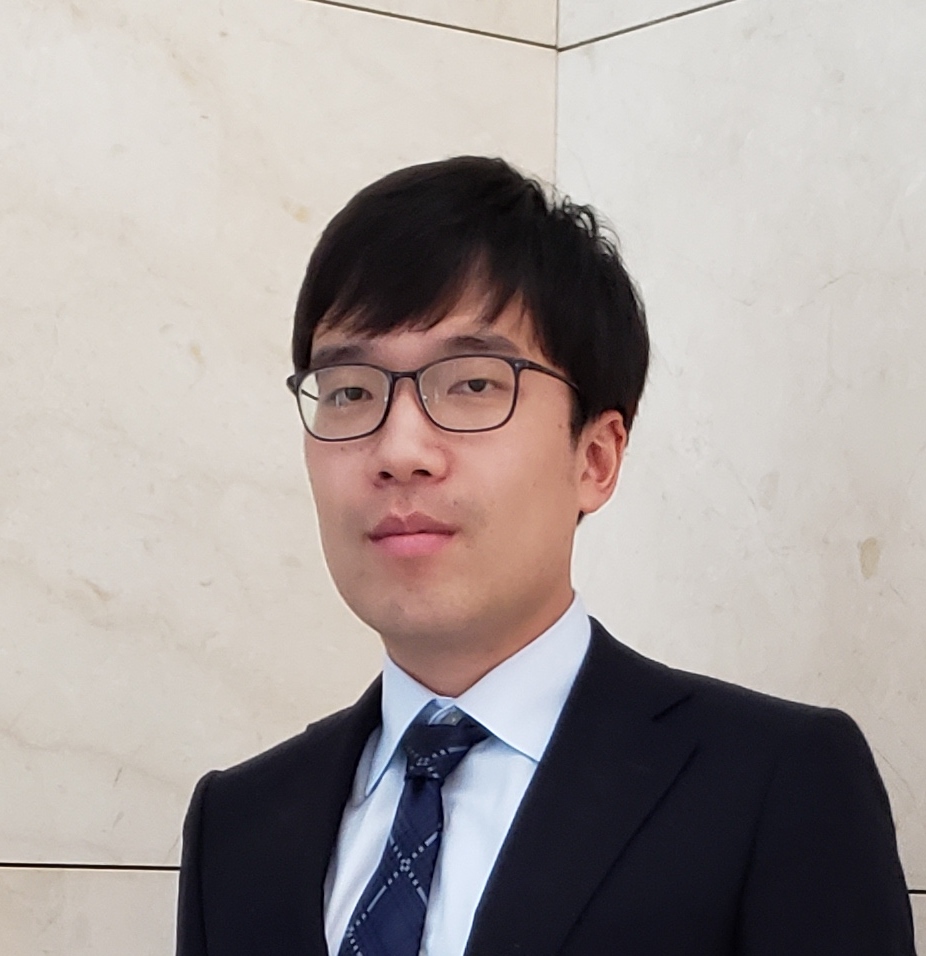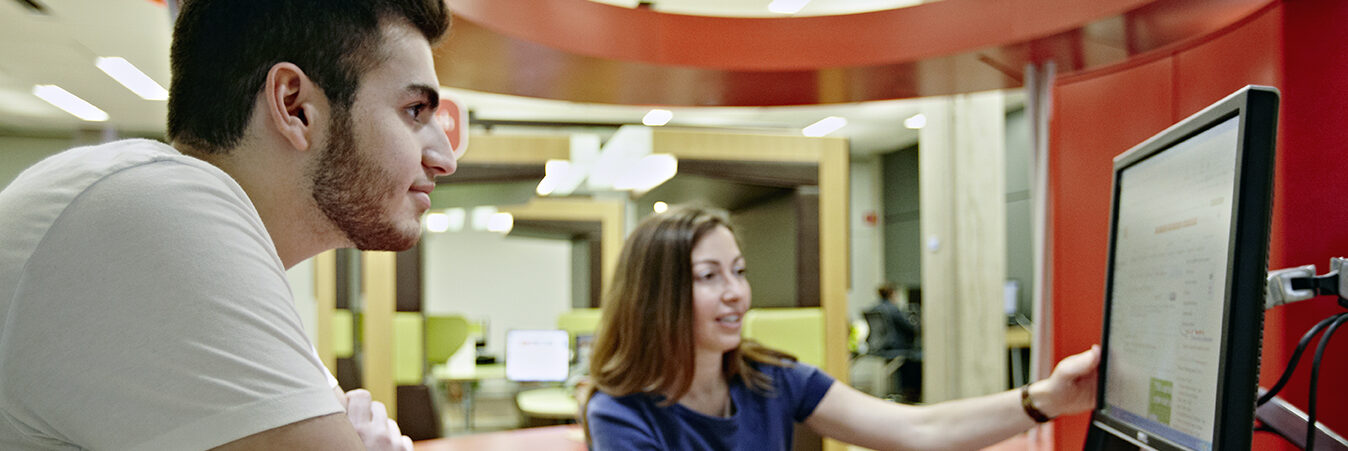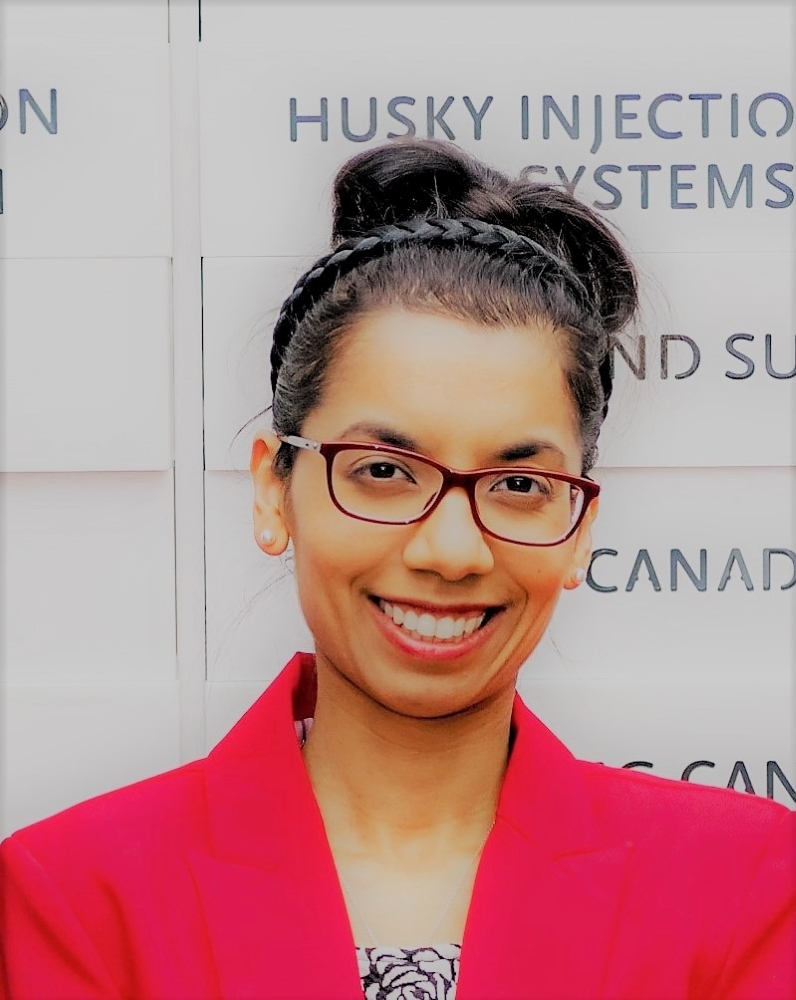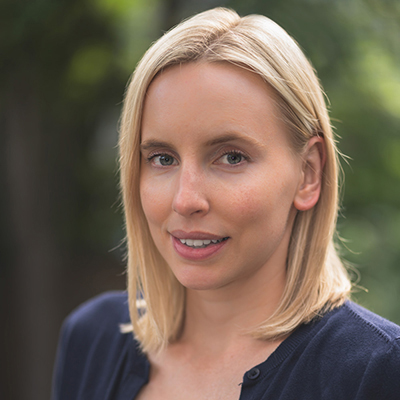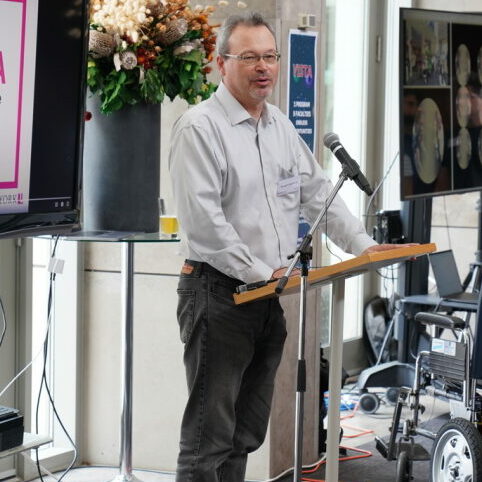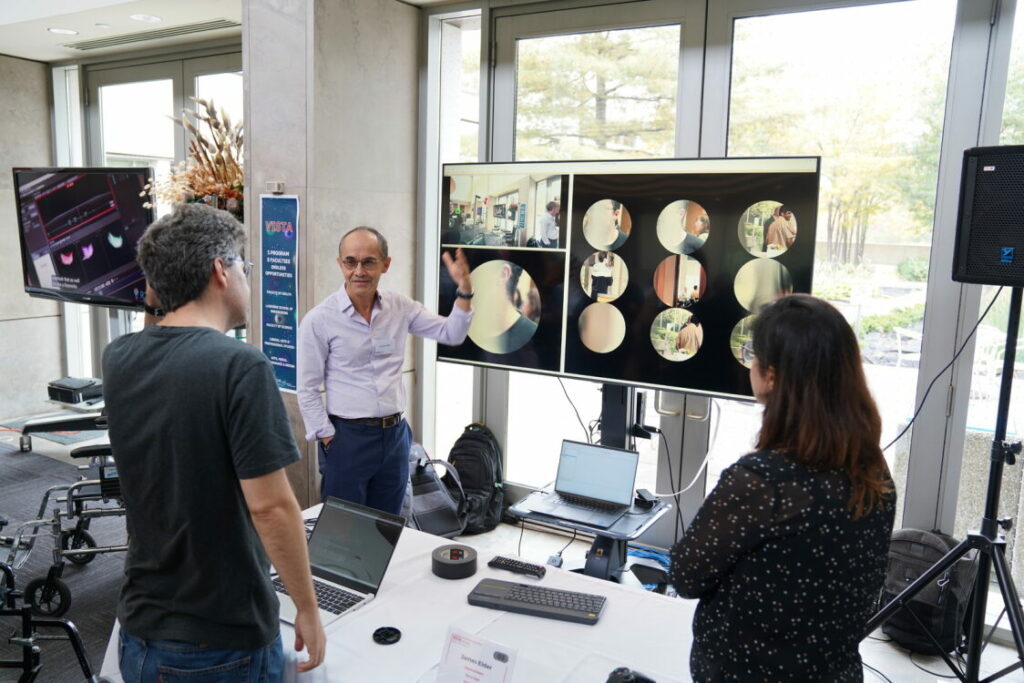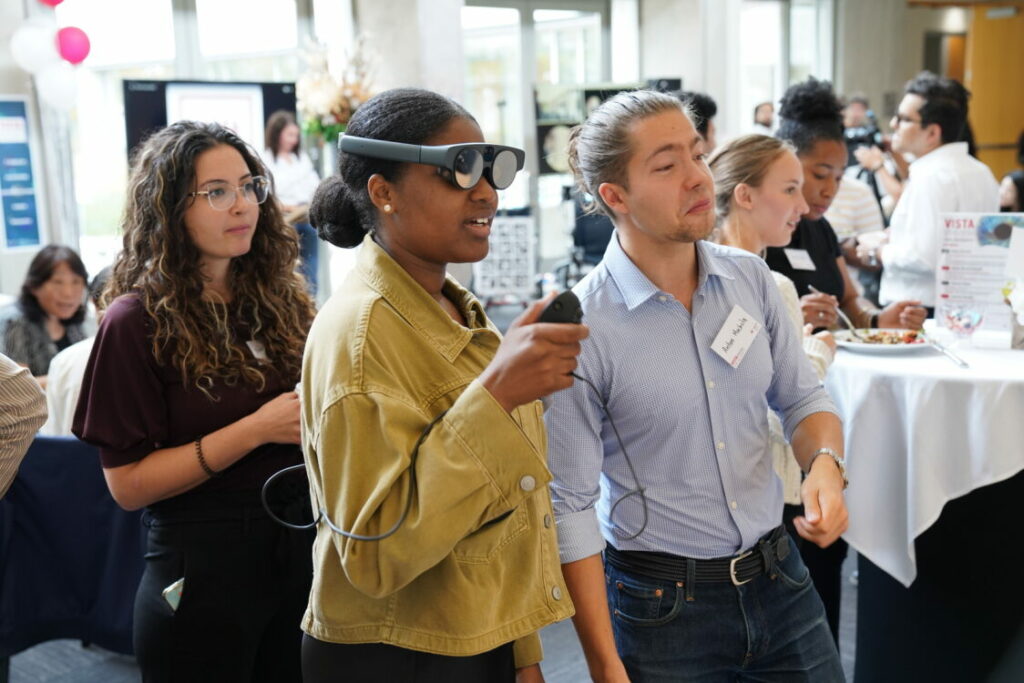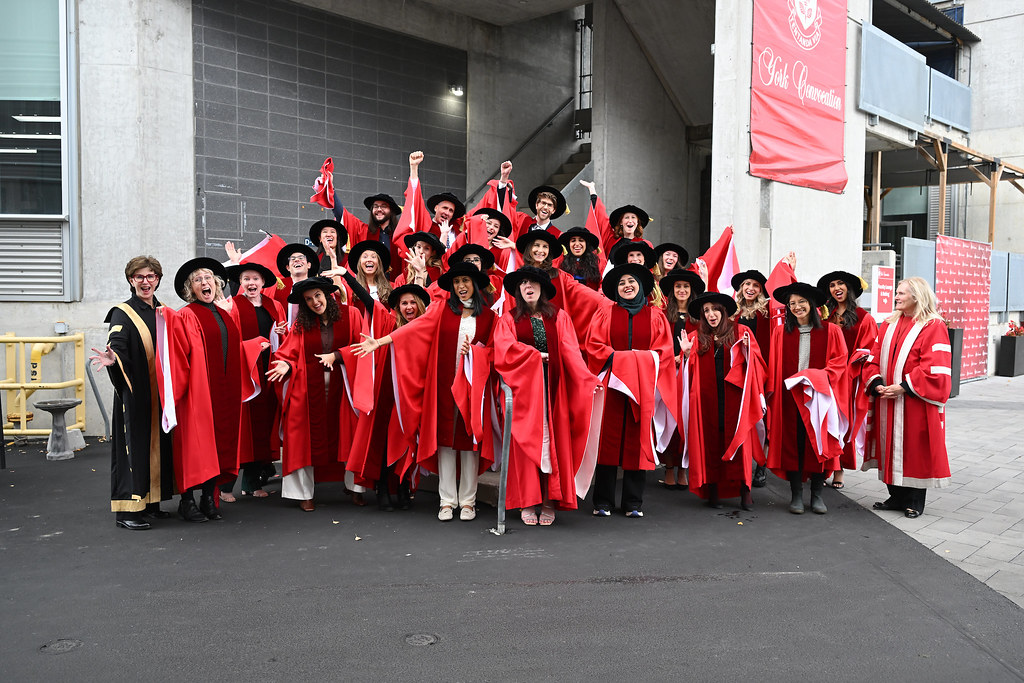Four York University students were recognized with an inaugural award for Black scholars – an initiative by the Heart & Stroke Foundation, Brain Canada and the Canadian Institutes of Health Research Institute of Circulatory and Respiratory Health (CIHR-ICRH) – for their work and research in heart and brain health.
The Personnel Awards for Black Scholars were launched earlier in 2023 with the intent of promoting Black representation and inclusivity within the heart and/or brain health research community.
“These awards will help enable equitable and accessible treatment and care for heart disease and stroke for everyone in Canada,” said Doug Roth, chief executive officer of Heart & Stroke, in the announcement.
The multi-year awards seek to financially support 12 master’s students for up to two years and seven doctoral students for up to three years. The awards aim to enable students to focus on their studies, undertake a program of research and engage with mentors as part of their training and development.
The recipients from York University are:
Patrick Hewan
A psychology master’s student, Hewan’s work focuses on cognition and brain function in older adulthood. Among his accomplishments are a Natural Sciences & Engineering Research Council of Canada Undergraduate Research Award and, most recently, an oral presentation award at this year’s Faculty of Science annual undergraduate summer research conference for a talk titled “Microstructural integrity of the Locus Coeruleus is related to decision-making in older adults.”
Toluwanimi Faromika
Faromika is a psychology master’s student interested in cognitive psychology across populations – including infants and seniors, as well those with attention deficit hyperactivity disorder, obsessive compulsive disorder and more. Her current research will explore spatial memory and the factors that can impede our ability to navigate the world. In addition to her academic work, she is also the host of “The BrainCore Podcast,” which explores the latest psychology and neuroscience research.
CeAnn Marks
A psychology and neuroscience graduate student, Marks’s work looks to advance mental health knowledge through research on traumatic brain injuries, mood disorders and trauma. Her current research includes studying sex differences in concussion recovery and the impact of emotional trauma on motor performance. Among her accomplishments are earning the BIPOC Award in Medical Science and Medicine Biotechnology earlier this year.
Ngozi Iroanyah
A PhD student in health policy and equity studies, Iroanyah’s research centres on the implications of dementia policy on the experiences of racialized ethnocultural diverse seniors in Canada. Her current thesis explores the experience of racialized immigrant seniors with Ontario’s dementia strategy to identify gaps in service delivery and care models. Additionally, Iroanyah is currently manager of diversity and community partnerships at the Alzheimer Society of Canada and has over 15 years of experience in health care in both Canada and abroad, in the fields of health research and administration – including having worked for the Public Agency of Canada in the Dementia Policy Unit.
Further information about the award can be found here: heartandstroke.ca/what-we-do/media-centre/news-releases/19-black-scholars-in-canada-to-receive-inaugural-funding-awards.




